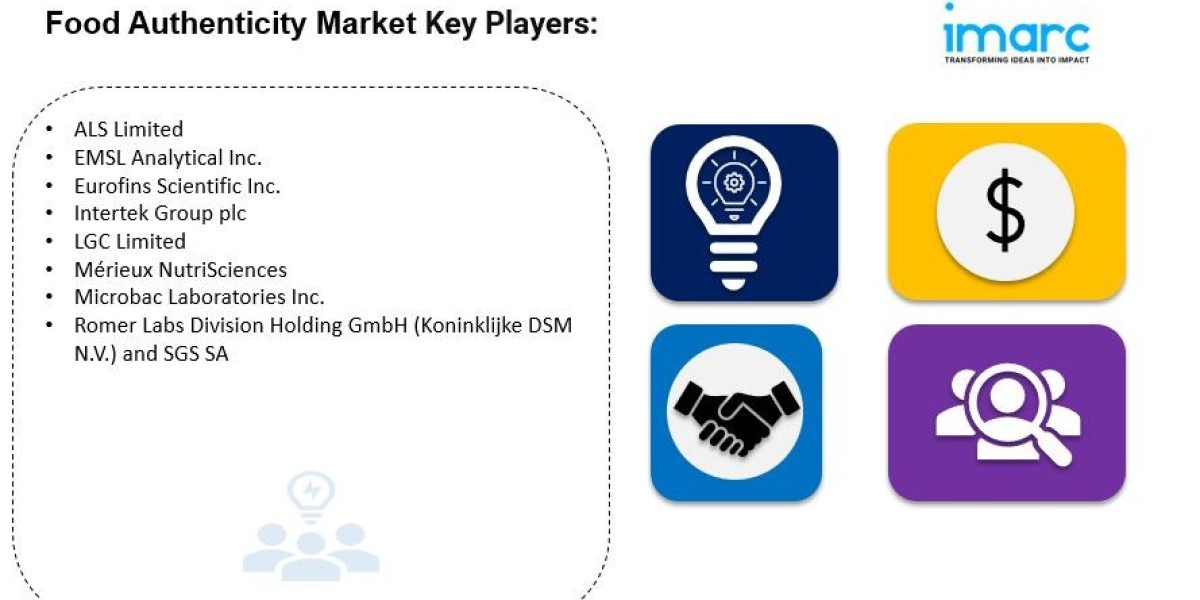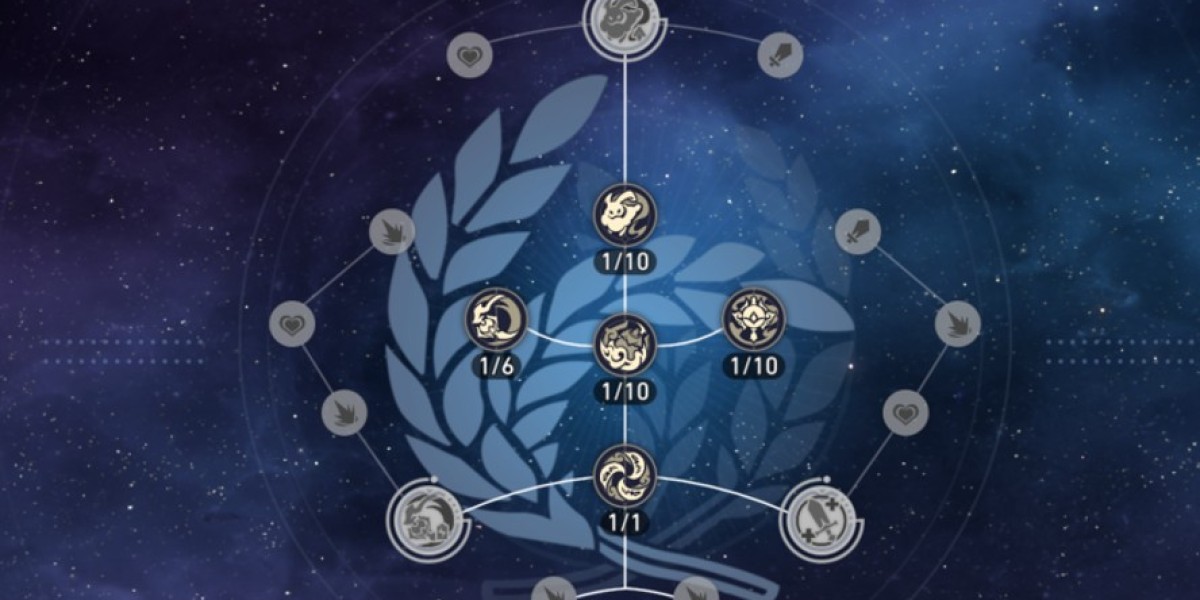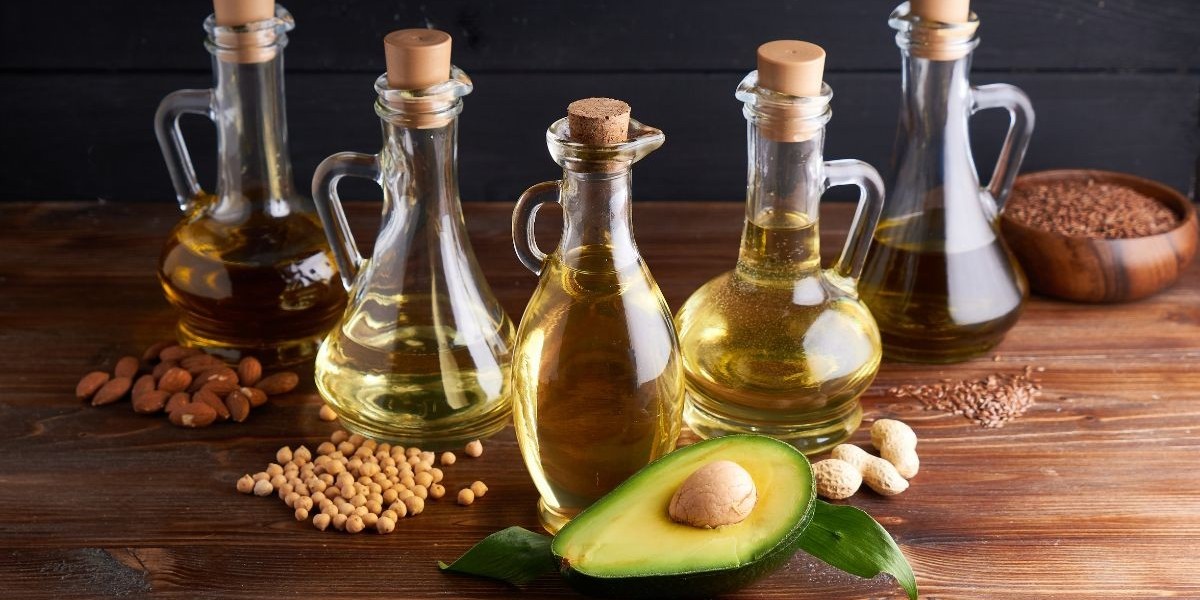Summary:
- The global food authenticity market size reached US$ 7.8 Billion in 2023.
- The market is expected to reach US$ 13.4 Billion by 2032, exhibiting a growth rate (CAGR) of 6% during 2024-2032.
- On the basis of the target testing, the market has been categorized into meat speciation, country of origin and aging, adulteration test, and false labeling.
- Based on technology, the market has been divided into polymerase chain reaction-based, liquid chromatography-mass spectrometry, isotope method, immunoassay-based/ELISA, and others.
- On the basis of the food tested, the market has been classified into meat and meat products, dairy and dairy products, cereal, grain and pulses, processed food, and others.
- On a regional basis, the market has been categorized into North America (the United States and Canada), Asia Pacific (China, Japan, India, South Korea, Australia, Indonesia, and Others), Europe (Germany, France, the United Kingdom, Italy, Spain, Russia, and Others) Latin America (Brazil, Mexico, and Others), and the Middle East and Africa.
- The growth of the food authenticity market is driven by the increasing prevalence of global supply chains and the rising incidences of food fraud across diverse regions.
- The heightened consumer interest in regional and exotic foods has further amplified the need for assurance that these products are genuine and not counterfeit, strengthening the market growth.
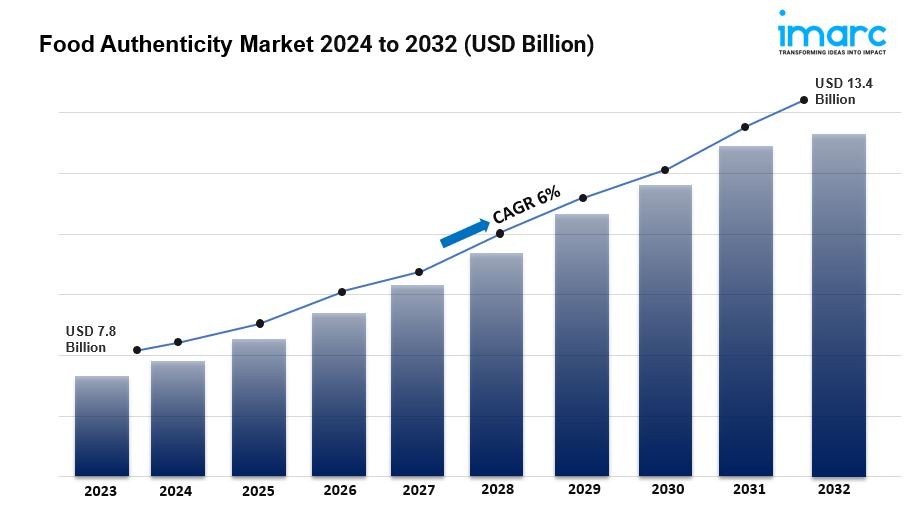
Industry Trends and Drivers:
Consumer demand for transparency and quality: As consumers become more informed, they increasingly demand transparency regarding the origin and composition of their food products. This shift is driven by concerns about food fraud, contamination, and the desire for organic and sustainably sourced ingredients. Consumers are seeking assurances that the food they purchase is genuine, safe, and meets specific quality standards. This heightened demand has led to the adoption of various authentication methods, including labeling and certification programs, to provide consumers with reliable information about the food they consume. Additionally, the rise of social media and online platforms has amplified the call for transparency, as consumers share their experiences and expectations more widely, further pushing the market towards more rigorous authenticity measures.
Regulatory pressures and compliance requirements: Governments and international organizations are establishing guidelines and standards to combat food fraud, which includes mislabeling, adulteration, and counterfeiting. These regulations often require food manufacturers and suppliers to adopt traceability systems and provide detailed information about their products' origins and production processes. Compliance with these regulations not only helps protect consumers but also safeguards the integrity of the food supply chain. For instance, in the European Union, the Food Information to Consumers Regulation mandates clear labeling of food products, including information about origin and ingredients, which enhances authenticity and helps prevent fraud. As regulatory frameworks continue to evolve, companies must invest in systems and technologies that ensure adherence to these standards, driving growth in the food authenticity market.
Technological advancements and innovation: Innovations in areas such as deoxyribonucleic acid ( DNA) testing, spectroscopy, and blockchain technology have revolutionized the way food authenticity is assessed. DNA testing allows for the precise identification of species and verification of the origin of ingredients, while spectroscopy techniques can detect adulterants and confirm the purity of substances. Blockchain technology offers a decentralized and immutable record of the entire food supply chain, enabling traceability from farm to table and ensuring that products are accurately represented. These technologies not only improve the accuracy and efficiency of authenticity checks but also help build trust between consumers and food producers. As technology continues to advance, the food authenticity market benefits from more reliable and cost-effective solutions, driving further growth and innovation in the sector.
Request for a sample copy of this report: https://www.imarcgroup.com/food-authenticity-market/requestsample
Food Authenticity Market Report Segmentation:
Breakup By Target Testing:
- Meat Speciation
- Country of Origin and Aging
- Adulteration Test
- False Labelling
Based on target testing, the market is classified into meat speciation, country of origin and aging, adulteration test, and false labeling.
Breakup By Technology:
- Polymerase Chain Reaction Based
- Liquid Chromatography-Mass Spectrometry
- Isotope Method
- Immunoassay Based/ELISA
- Others
On the basis of technology, the market is segregated into polymerase chain reaction-based, liquid chromatography-mass spectrometry, isotope method, immunoassay-based/ELISA, and others.
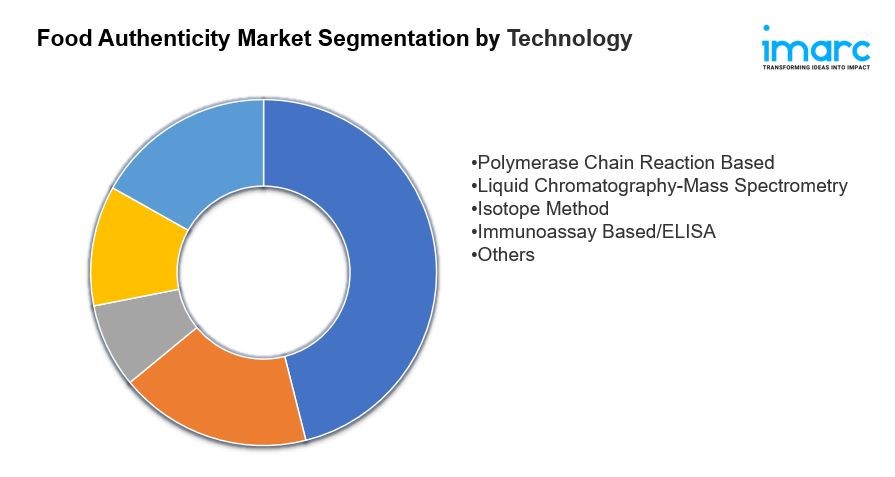
Breakup By Food Tested:
- Meat and Meat Product
- Dairy and Dairy Product
- Cereal, Grain, and Pulse
- Processed Food
- Others
Based on the food tested, the market is categorized into meat and meat products, dairy and dairy products, cereal, grain and pulses, processed food, and others.
Breakup By Region:
- North America (United States, Canada)
- Asia Pacific (China, Japan, India, South Korea, Australia, Indonesia, Others)
- Europe (Germany, France, United Kingdom, Italy, Spain, Russia, Others)
- Latin America (Brazil, Mexico, Others)
- Middle East and Africa
On a regional basis, the market is North America (the United States and Canada); Europe (Germany, France, the United Kingdom, Italy, Spain, Russia, and others); Asia Pacific (China, Japan, India, South Korea, Australia, Indonesia, and others); Latin America (Brazil, Mexico, and others); and the Middle East and Africa.
Top Food Authenticity Market Leaders:
The food authenticity market research report outlines a detailed analysis of the competitive landscape, offering in-depth profiles of major companies.
Some of the key players in the market are:
- ALS Limited
- EMSL Analytical Inc.
- Eurofins Scientific Inc.
- Intertek Group plc
- LGC Limited
- Mérieux NutriSciences
- Microbac Laboratories Inc.
- Romer Labs Division Holding GmbH (Koninklijke DSM N.V.) and SGS SA
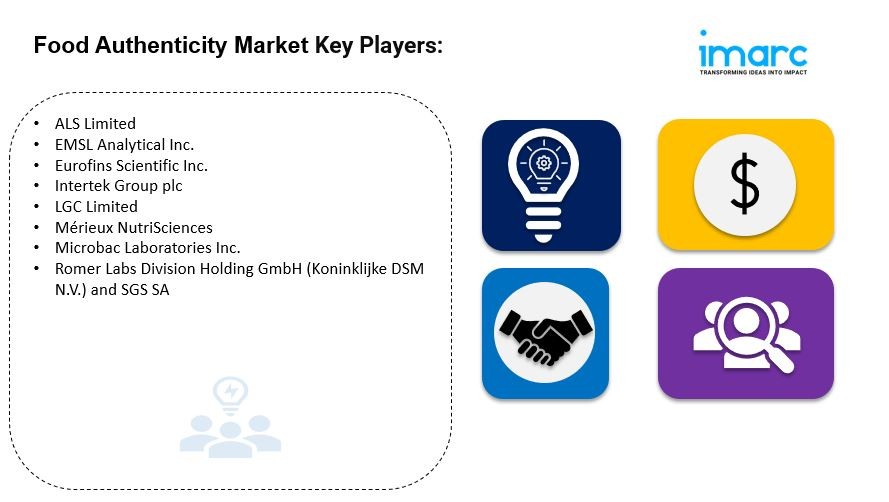
Browse full report with TOC & List of Figures: https://www.imarcgroup.com/food-authenticity-market
If you require any specific information that is not covered currently within the scope of the report, we will provide the same as a part of the customization.
About Us:
IMARC Group is a global management consulting firm that helps the world’s most ambitious changemakers to create a lasting impact. The company provide a comprehensive suite of market entry and expansion services. IMARC offerings include thorough market assessment, feasibility studies, company incorporation assistance, factory setup support, regulatory approvals and licensing navigation, branding, marketing and sales strategies, competitive landscape and benchmarking analyses, pricing and cost research, and procurement research.
